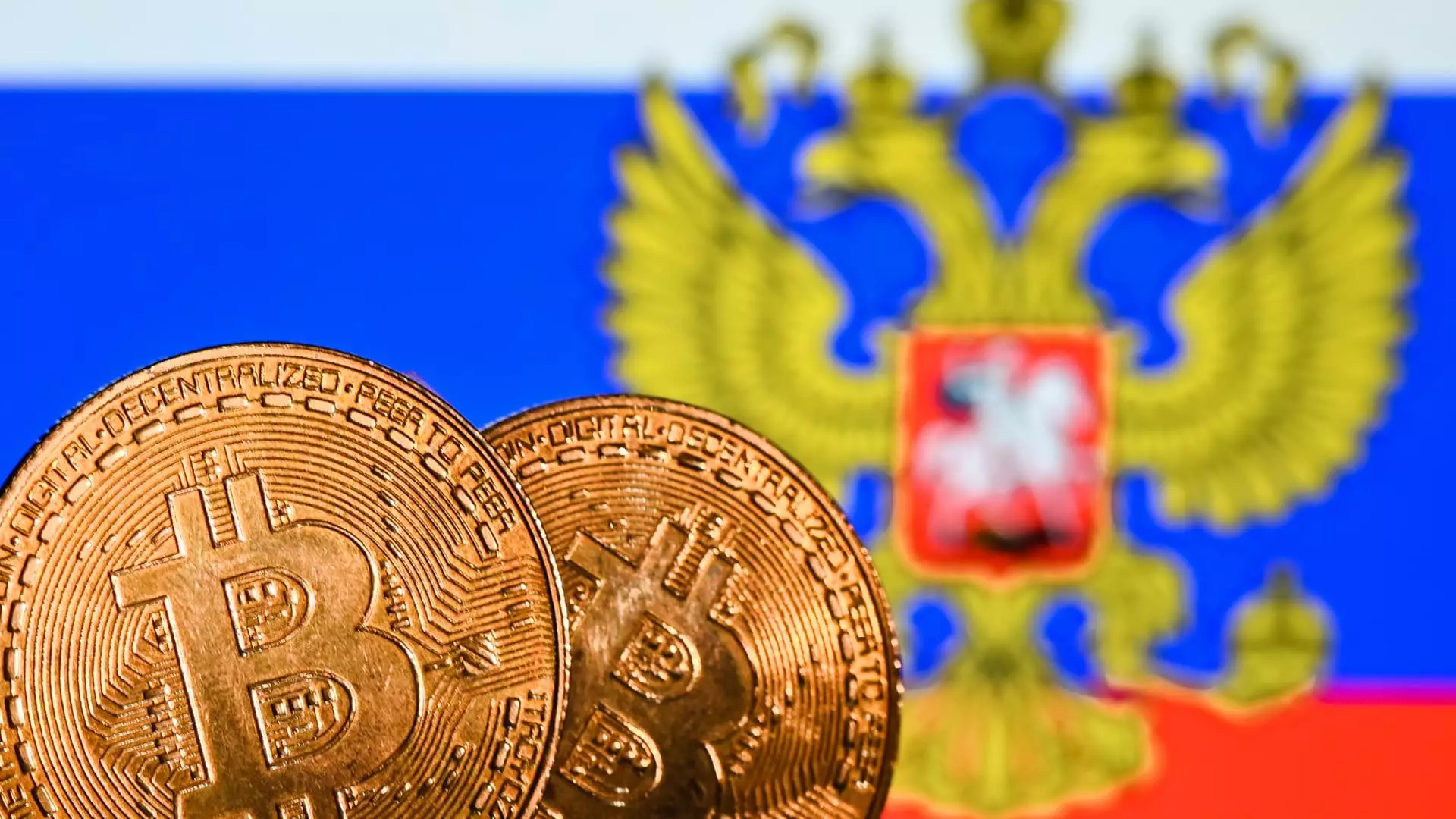The recent approval of the new law in Russia allowing the use of cryptocurrency for international payments marks a significant shift in the country’s financial landscape. The State Duma’s decision to greenlight legislation enabling businesses to utilize cryptocurrencies in cross-border trade is a clear indication of Russia’s willingness to adapt to changing global financial trends. This move comes at a critical time when the country is facing mounting pressure from Western sanctions, particularly in the aftermath of its invasion of Ukraine in February 2022. The decision reflects the recognition of the benefits of decentralization and the increasing acceptance of cryptocurrencies in mainstream financial transactions.
The approval of cryptocurrency payments in Russia is not only a strategic decision for the country but also has significant implications for global trade. Mati Greenspan, the CEO of Quantum Economics, emphasized the importance of embracing cryptocurrencies for international payments, highlighting the advantages of a decentralized system that cannot be controlled or blocked by governments or banks. This move is expected to open up opportunities for Russian businesses to engage in cross-border transactions that may have been restricted due to U.S. sanctions. By leveraging cryptocurrencies, Russia can potentially circumvent financial restrictions imposed by other countries and establish new channels for international trade.
The shift in the Russian central bank’s stance towards cryptocurrencies is particularly notable. While the regulator previously proposed banning the use of crypto for transactions and mining, citing concerns about financial stability and monetary policy sovereignty, the recent approval of crypto-based payments for international transactions signals a change in approach. The central bank’s decision to explore the implementation of a digital version of the ruble further reinforces Russia’s commitment to embracing digital financial technologies.
While cryptocurrencies have been associated with illicit activities in some cases, such as cybercriminals using digital tokens for fraudulent purposes, proponents of cryptocurrencies argue that they can also serve as a valuable tool for combating illicit activities. The public nature of blockchain networks provides a transparent and secure record of transactions, making it difficult for malicious actors to engage in illegal activities without being identified. By leveraging the inherent security features of blockchain technology, cryptocurrencies can potentially offer a more secure and traceable alternative to traditional financial transactions.
From a broader global trade perspective, Russia’s acceptance of cryptocurrencies for international payments aligns with the evolving financial landscape and the increasing adoption of digital assets in mainstream commerce. The approval of crypto-based transactions is expected to facilitate cross-border trade and promote economic growth by providing Russian businesses with greater flexibility and access to international markets. The move also reflects a growing trend towards decentralization and the democratization of financial systems, highlighting the potential for cryptocurrencies to reshape traditional economic structures and drive innovation in international transactions.
Russia’s decision to approve cryptocurrency payments for international transactions represents a significant milestone in the country’s financial evolution. The move not only reflects a shift towards embracing digital financial technologies but also underscores the potential impact of cryptocurrencies on global trade and economic development. By leveraging cryptocurrencies for cross-border transactions, Russia has the opportunity to navigate financial restrictions and explore new avenues for international trade. As the world continues to adapt to a changing financial landscape, the acceptance of cryptocurrencies presents new possibilities for enhancing financial inclusion, transparency, and security in global transactions.

